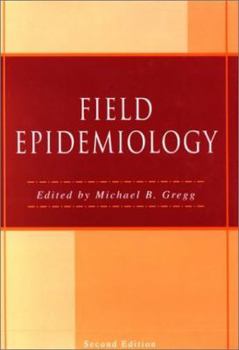Field Epidemiology
Select Format
Select Condition 
Book Overview
Field epidemiology involves the application of epidemiologic methods to unexpected health problems when a rapid on-site investigation is necessary for timely intervention. Based on decades of experience in both infectious and non-infectious diseases at the Centers for Disease Control and Prevention, this book describes in simple and practical terms the distinct approach, tasks, and actions needed for successful field investigations. Guidance is given on such issues as how to perform surveillance, manage and execute field investigations, collect and analyze data, perform surveys, adapt a personal computer for field use, and communicate the findings. Specific advice is also given on such subjects as dealing with the media; investigations in healthcare, day-care, and international settings; and the legal aspects of field studies. An entire chapter covers the proper collection, handling, and testing of infectious and non-infectious agents in the field. In the Second Edition, four new chapters cover many unique aspects of field studies in the workplace, after natural disasters, in preparation for and response to possible bioterrorist attacks, and by state and local health departments. Finally, an appendix describes how to investigate a common source food-borne epidemic. This text gives public health professionals and students a practical and complete reference to use in virtually any field investigation setting.
Format:Hardcover
Language:English
ISBN:0195142594
ISBN13:9780195142594
Release Date:April 2002
Publisher:Oxford University Press, USA
Length:480 Pages
Weight:1.80 lbs.
Dimensions:1.6" x 9.1" x 6.2"
Customer Reviews
0 rating





